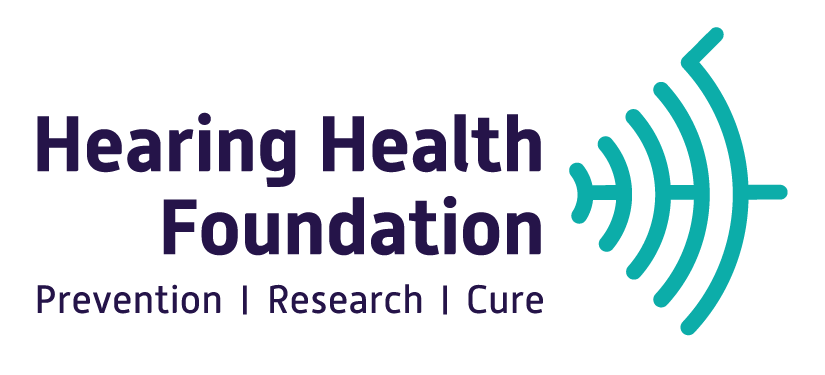Signs and Symptoms of Auditory Processing Disorders
There are many behaviors that may point to APD. Individuals with APD demonstrate a poor ability to:
Direct or divide attention
Discriminate subtle differences in sounds and words
Read, spell, write, understand vocabulary, or learn a foreign language
Understand rapid speech
Hear in noisy, social environments
Recognize and integrate a sequence of sounds into words or other combinations
Remember and/or comprehend spoken information
Understand instructions
Follow long conversations
Follow multi-step directions
Maintain focus on an activity if other sounds are present
Take written notes from speech
Complete verbal math problems
Learn songs or rhymes
Because these symptoms overlap with other disorders, auditory processing disorder cannot be diagnosed from this list of symptoms alone. The condition can only be diagnosed by audiologists, who use tests that measure specific auditory processing functions.
Symptoms like difficulty listening, remembering information, or understanding spoken language, make APD commonly confused with Attention Deficit Hyperactivity Disorder (ADHD) or dyslexia, but it is distinct from both.
With ADHD and dyslexia, there is no impairment of the processing of auditory input in the central nervous system.
Children with ADHD tend to exhibit inattention, distractibility, and hyperactivity in any environment, while children with APD usually don’t have difficulty focusing and paying attention in quiet environments.
While those with dyslexia also have difficulty memorizing, spelling, thinking and/or understanding, these difficulties do not exist because of an inability to hear clearly. Unlike APD, dyslexia is a language-based learning disability.
See more information at American Speech-Language-Hearing Association.
Learn More:
Auditory Skills
Signs & Symptoms of APD
APD Demographics
Treatments for APD
Our Research on Auditory Processing Disorders
